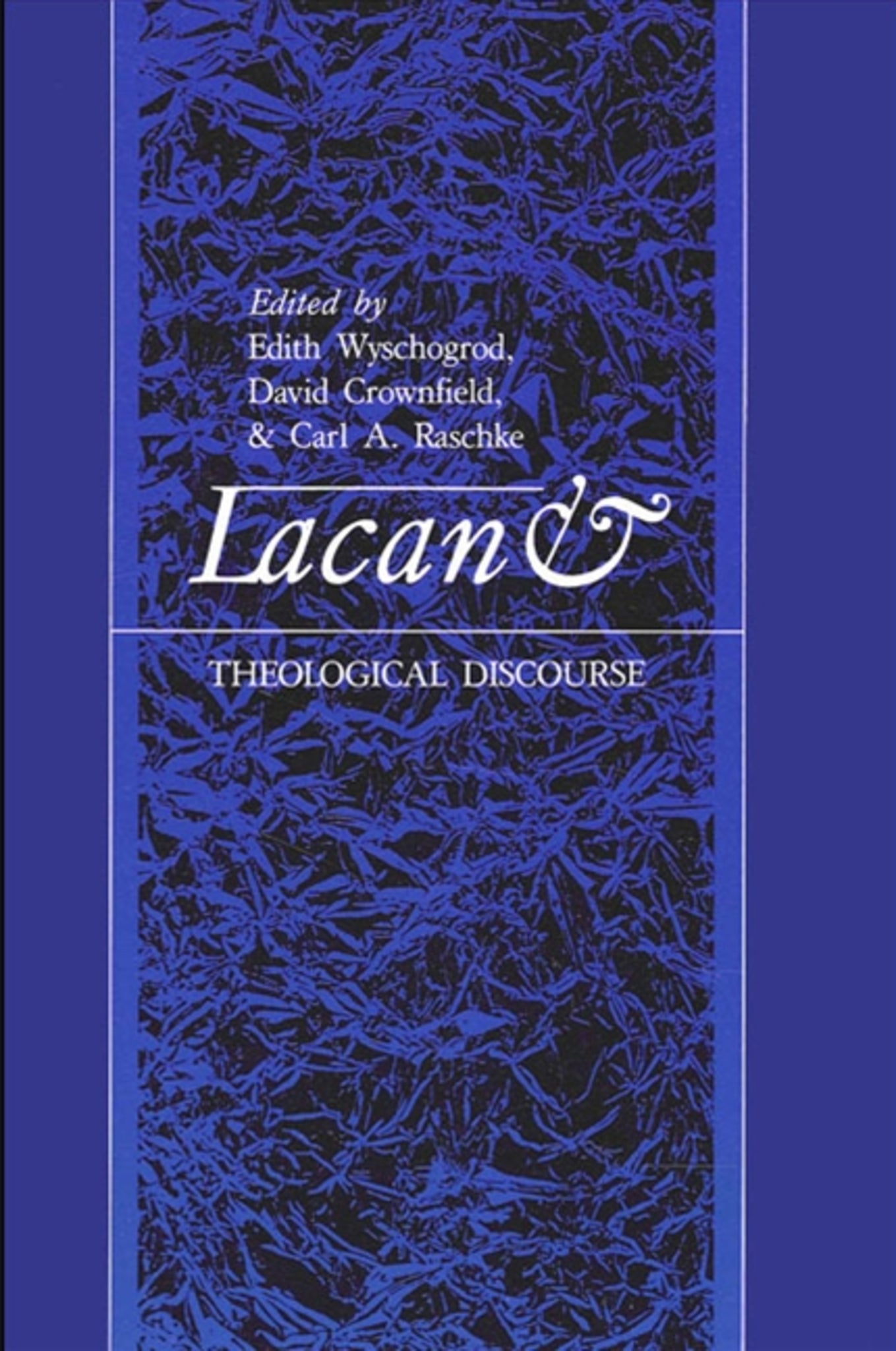We're sorry. An error has occurred
Please cancel or retry.
Lacan and Theological Discourse

Some error occured while loading the Quick View. Please close the Quick View and try reloading the page.
Couldn't load pickup availability
- Format:
-
30 August 1989

The authors examine implications of Jacques Lacan's psychoanalytic theory of discourse for the understanding of theological language. Topics include self, desire, post-structuralism, the unconscious, the father's rule, dwelling (in Heidegger's sense), Anselm, ontological argument, alterity, utopia, signifiers/signifieds, God, reason, and text.


"This book will confirm the contemporary magisterium of the French in critical theory, as it will confirm their widest possible cultural fruition—in America. I admire the boldness and rigor with which the authors take up 'motifs' in Lacan's discourse that hold the potential certainly for re-marking, and perhaps for re-making, theology in a deconstructionist context." — Ray L. Hart
"The topic is extremely significant. A Lacanian approach is central at this time to rescue scholarly interest in Christian theology, and to revive the philosophy of religion. These essays explain why religion is important in a psychoanalytic framework. The topic is important in itself, and it is crucial to both the philosophy and the psychology of religion. This is an outstanding effort (and I'm rarely this enthusiastic). The older logical, epistemological, existential treatments of Christian theology are dead. This is one of the very few ways that the subject can be kept exciting." — Robert Ackermann
"Talk about Lacan's 'goddess' or the ontological argument in this frame comes with the force of a revelation. (Wyschogrod's essay is a tour de force.)" — Darrell Taylor
ACKNOWLEDGMENTS
RE-MARKS
Edith Wyschogrod
INTRODUCTION: FRAMING LACAN?
David H. Fisher
SUMMARIES
David Crownfield
1. Lacan and Theological Discourse
Charles E. Winquist
2. Refusal of the Bar
Mark C. Taylor
3. Jacques Lacan and the Magic of Desire: A Post-Structuralist Subscript
Carl Raschke
4. The Pathology of the Father's Rule: Lacan and the Symbolic Order
Charles E. Scott
5. Recontextualizing the Ontological Argument: A Lacanian Analysis
Edith Wyschogrod
6. God and the Utopianism of Language
Gabriel Vahanian
7. Religion and Television
William James Earle
EXTRADUCTION
David Crownfield
SELECT BIBLIOGRAPHY
NOTES ON CONTRIBUTORS
INDEX OF PROPER NAMES



